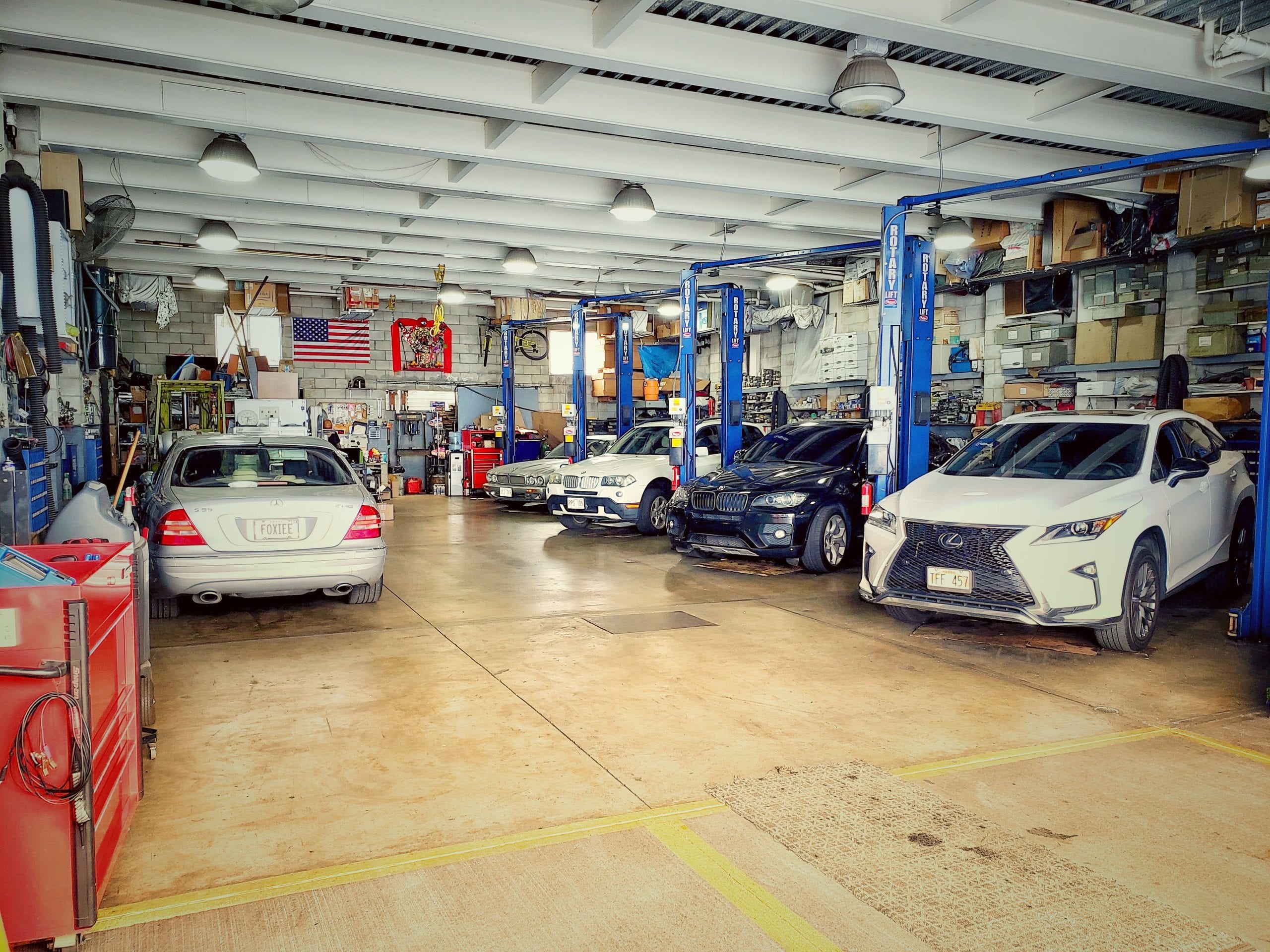All Categories
Featured

Your auto's engine is the heart of your vehicle, and maintaining it in top problem is crucial for optimal efficiency and longevity. Regular engine tune-ups are a wonderful means to maintain your cars and truck's wellness, boost fuel effectiveness, and stay clear of costly repair work down the road. Whether you're a car fanatic or a person who just wants to maintain their car running smoothly, these engine tune-up ideas will help you get one of the most out of your car.
- Change Glow Plugs. Ignition system play a crucial duty in starting your engine and making sure smooth burning. Over time, ignition system can come to be dirty or broken, bring about misfires, reduced gas efficiency, and rough idling.
During an engine tune-up, examine and replace your stimulate plugs if necessary. A lot of cars require new ignition system every 30,000 to 100,000 miles, depending upon the kind. Consistently replacing stimulate plugs guarantees proper ignition and ideal engine performance.
- Examine and Tidy the Air Filter. The air filter avoids dirt, dust, and debris from entering your engine. A blocked or filthy air filter limits airflow, triggering your engine to work harder and shed even more gas.
Evaluate your air filter throughout a tune-up and change it if it's dirty. In messy environments or areas with heavy air pollution, you might need to transform the air filter much more regularly. A clean air filter can enhance gas performance and expand the life of your engine.
- Evaluate and Replace Belts and Hoses. Belts and hose pipes are important for different engine functions, such as powering the generator, water pump, and air conditioning system. Over time, these components can fracture, fray, or wear, possibly causing failures.
During a tune-up, check belts and tubes for indications of wear and change them if required. Changing these components proactively can save you from expensive repair services and stop unanticipated failings.
- Clean the Fuel System. Your gas system, including the gas injectors and fuel lines, can build up dirt and carbon down payments in time, lowering engine effectiveness. Cleansing the fuel system during a tune-up helps boost performance and fuel economic climate.
You can make use of a fuel system cleaner or have a specialist mechanic perform a more thorough cleaning. This step is specifically crucial for older vehicles or vehicles that frequently drive in stop-and-go web traffic.
- Check the Battery and Charging System. A healthy and balanced battery is vital for beginning your engine and powering electric elements. During a tune-up, check the battery terminals for deterioration and guarantee the connections are tight.
Examine the battery's voltage and change it if it reveals indicators of weakness. Additionally, have the alternator and billing system checked to ensure your battery stays billed during procedure.
- Modification the Engine Oil and Oil Filter. Oil modifications are a fundamental component of engine upkeep. Engine oil lubricates moving components, reduces rubbing, and assists regulate engine temperature level. Over time, oil becomes contaminated and sheds its effectiveness.
During a tune-up, replace the engine oil and oil filter to maintain your engine running efficiently. Follow your lorry's manufacturer suggestions for oil kind and adjustment intervals.
- Inspect the Air Conditioning System. The air conditioning system stops your engine from overheating. With time, coolant can weaken or end up being infected, reducing its efficiency.
Check the coolant level and problem throughout a tune-up, and flush and replace it if needed. Check the radiator, water pump, and hoses for leaks or damage. A well-maintained cooling system helps your engine operate at the right temperature level and protects against getting too hot.
- Evaluate the Ignition System. A malfunctioning ignition system can cause beginning problems and lowered engine efficiency. During a tune-up, inspect the ignition coils, supplier cap, and blades (if applicable) Replace any kind of components that show indications of wear or damages to make certain smooth and trustworthy engine operation.
- Listen for Uncommon Sounds. Throughout a tune-up, take the possibility to pay attention for any unusual engine sounds, such as knocking, ticking, or hissing. These sounds can suggest underlying concerns, such as shutoff problems, loosened elements, or exhaust leaks. Dealing with these troubles early can protect against extra considerable damage.
- Use Quality Components and Fluids. When doing an engine tune-up, always make use of top notch parts and liquids that meet your automobile maker's requirements. Economical or incorrect parts can endanger your engine's efficiency and integrity.
Final Thought: A Well-Tuned Engine is Trick to Durability. Normal engine tune-ups are important for maintaining your auto's efficiency, effectiveness, and dependability. By changing used parts, cleaning important systems, and resolving possible concerns, you can keep your engine running efficiently for many years ahead. Whether you're doing it on your own or relying upon a relied on technician, buying tune-ups is a smart way to protect your vehicle and enjoy a more secure, smoother trip.
Latest Posts
Find Affordable Auto Repairs with Montclare’s Exclusive Service Specials
Discover the Perks of Vinyl Fencing with Montana Fencing
Specialist Industrial Roof Solutions in North Platte, Nebraska
More
Latest Posts
Find Affordable Auto Repairs with Montclare’s Exclusive Service Specials
Discover the Perks of Vinyl Fencing with Montana Fencing
Specialist Industrial Roof Solutions in North Platte, Nebraska
